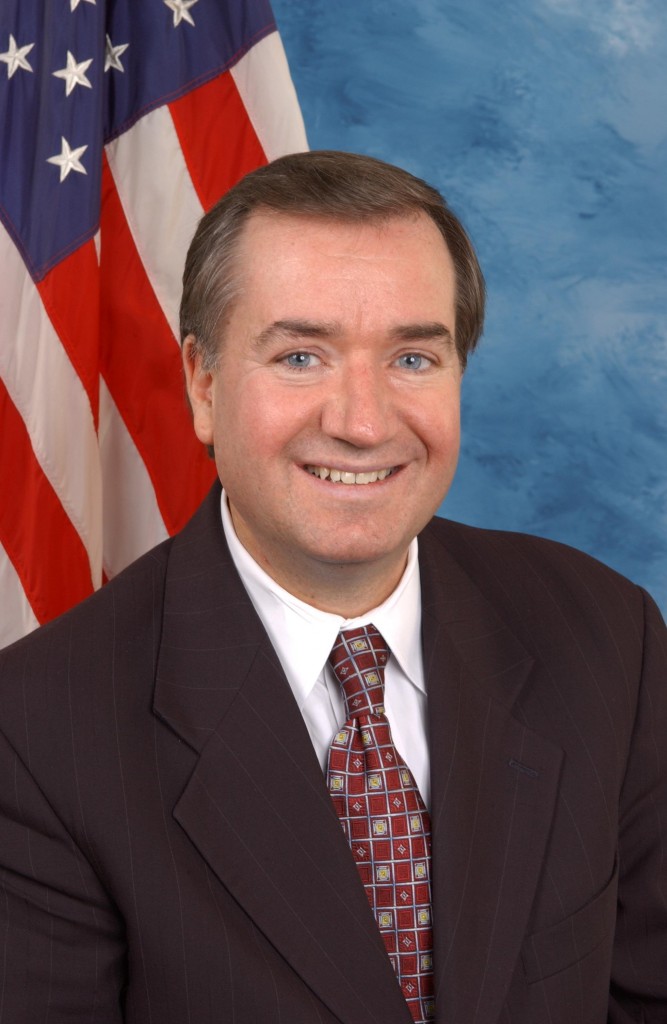- California Assembly OKs highest minimum wage in nation
- S. Korea unveils first graphic cigarette warnings
- US joins with South Korea, Japan in bid to deter North Korea
- LPGA golfer Chun In-gee finally back in action
- S. Korea won’t be top seed in final World Cup qualification round
- US men’s soccer misses 2nd straight Olympics
- US back on track in qualifying with 4-0 win over Guatemala
- High-intensity workout injuries spawn cottage industry
- CDC expands range of Zika mosquitoes into parts of Northeast
- Who knew? ‘The Walking Dead’ is helping families connect
Rep. Ed Royce: Korean Americans deserve a fair shot at top universities
By U.S. Representative Ed Royce
Being Korean American should not be an obstacle to receiving a top university education. It’s sad I have to make that clear in 2015.
Earlier this year, a coalition of 64 Asian American organizations filed a complaint with the U.S. Education Department’s Office for Civil Rights against Harvard University. The coalition argues that Harvard has set hidden racial quotas and a higher admissions bar for Asian American students, including Korean Americans.
Supporting this case is a mountain of evidence. While the population of Asian Americans has grown rapidly in the United States over the past 20 years, the admission rate for Asian Americans at Harvard University has stayed between 15 percent and 20 percent. This suspiciously flat number is also at odds with data that shows a much higher proportion of high-performing American high school students are of Asian descent. “We have data that suggests that 55 percent of kids with SAT scores of 2300 or higher are Asian,” says scholar Edward Blum, who launched another lawsuit against Harvard last year, accusing the school of racial discrimination in its admissions process.
Harvard claims it does not discriminate against Asian American students, which would be illegal. Instead, Harvard argues that it uses an “individualized, holistic review” process to select students, and that “diversity” is but one of many factors considered.
But Asian American parents are right to be suspicious when their hard-working, high-performing children are shut out of top schools and their less qualified peers are accepted instead.
If Asian American kids are treated fairly, why is it that enrollment rates for Asian Americans are much higher at schools that don’t use race in their selection criteria?
Comparing the enrollment rates of Asian Americans at Harvard and the California Institute of Technology, a terrific school that does not include race in its selection criteria, makes it clear how Harvard’s admissions process hurts Asian American applicants. In 1992, about 19 percent of Harvard students were Asian American, and the corresponding figure at Caltech was 25 percent. In 2013, the numbers had not budged at Harvard (18 percent), while it had skyrocketed at Caltech (42.5 percent). Caltech is not an isolated case, as other schools that do not use race in their admissions process have seen similar enrollment rates: 40 percent of the students at UC Berkeley and 33 percent of the students at UCLA are Asian American.
I argued last year against a California State bill, SCA-5, that would have directed public education institutions in California to prioritize race during the application process. Thankfully, that bill died. But in the national arena there remains a bigger fight.
The discrimination by elite American universities against Asian American students is wrong and an offense to our Constitution’s 14th Amendment which offers citizens equal protection under the law.
I am leading my colleagues in contacting the federal government to urge a swift review of the filed complaint. We should be encouraging and inspiring our children to excel, not telling them their academic performance and merits are less important than their ethnicity.
I sent a letter to the Education and Justice Departments urging for a robust review of the complaint. Disappointingly, the Education Department dismissed the complaint because a similar case is pending in federal court.
I will be monitoring that case closely and will not let up on this issue until we see fair treatment for Korean American students.
Congressman Ed Royce is Chairman of the House Foreign Affairs Committee and represents California’s 39th Congressional District, which includes parts of Orange, Los Angeles, and San Bernardino Counties.

















Pingback: Representative Royce Speaks Out Against Discrimination of Korean-Americans at US Universities | ROK Drop
Pingback: American University In Paris Acceptance Rate | accredited online degrees